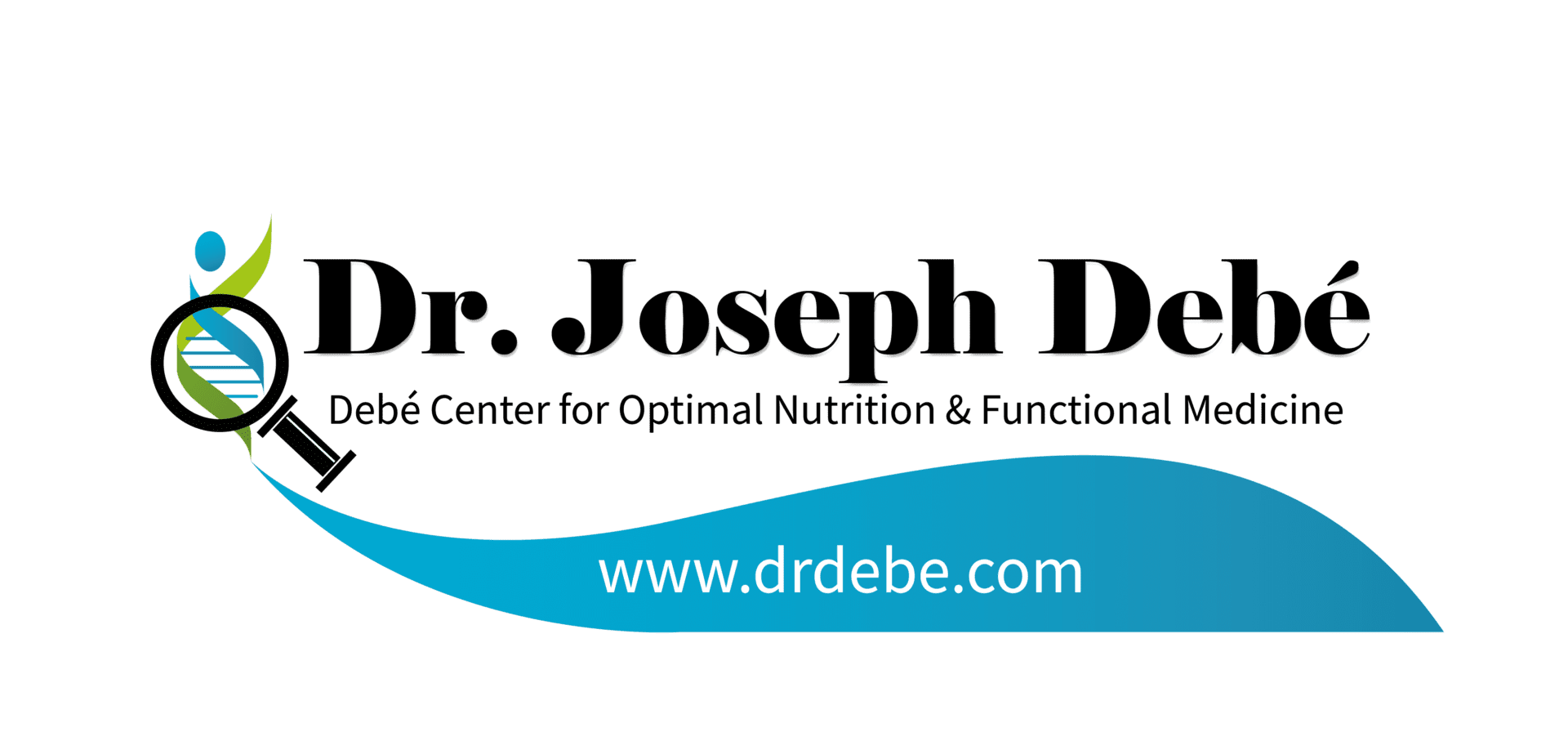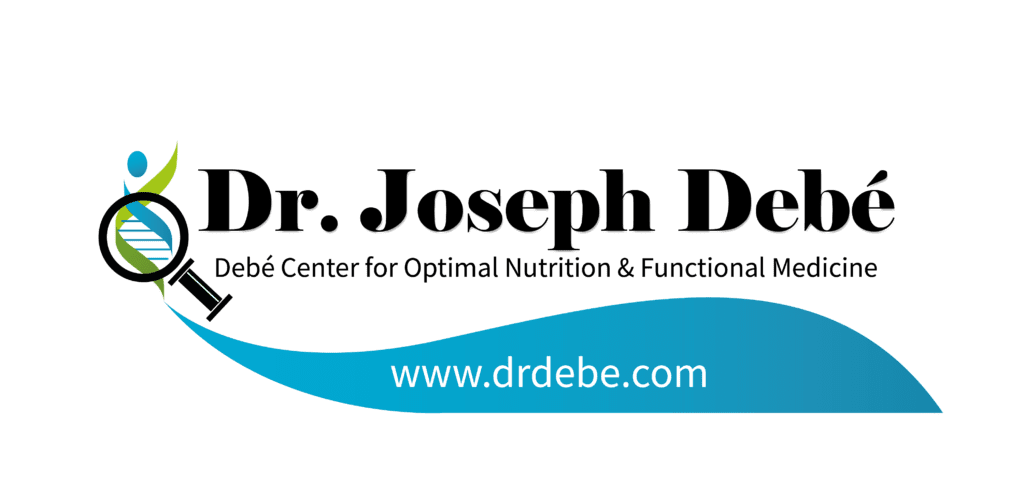Allergy – It’s something in the air…and in your blood
It’s that time of year when millions of people are miserable from allergy symptoms. Allergy symptoms result from the immune system’s attack against a harmless substance. Although this is the worst time of year for many allergy sufferers, allergies can manifest year round. “Hay-fever” or seasonal allergies, involves allergy to grasses, weeds and tree pollen. Other types of common allergies involve dust mites, mold, foods, animals, and insects.
Allergies typically produce symptoms involving the respiratory tract, skin, and/or gastrointestinal tract. Seasonal allergies produce runny nose, sneezing, sinus headaches, and itchy, watery eyes.
What causes some people to develop allergies when others are unaffected? Genes probably play a minor role in most cases. Some of the other contributing factors include maternal health and diet, being delivered by C-section, not being breast-fed, having an early environment that is too “sterile”, antibiotics, and vaccinations. Dietary factors are also important. More on this shortly.
It has been found that pregnant women who take supplements of lactobacillus GG, a probiotic or type of “good bacteria”, have babies who develop less allergies.
An individual’s intestinal microflora is an important modulator of allergic response. Most of the immune system is clustered around the gastrointestinal tract. This fact makes it a little easier to understand why the balance of the hundreds of species of bacteria that inhabit the “gut” have an influence on allergic response (which involves the immune system).
One recommendation I have for allergy sufferers, is to supplement with a quality probiotic. LactoFlamX and Ultra Flora Plus are two good products.
Fish oil is another supplement I recommend for reducing allergic response. The types of fats and oils we consume can have a major influence on allergic response. The body makes inflammatory chemicals from arachidonic acid, which is found in beef, lamb, pork, dairy fat, egg yolks, and shellfish. Eating a lot of these foods is to allergy and inflammation like gasoline is to fire. Fish oil has the opposite effect- it inhibits production of the inflammatory chemicals. The fish oil supplement I recommend for allergy reduction is EPA-DHA 6:1. This product is very high in EPA, the important component for inhibiting inflammation. EPA-DHA 6:1 is molecularly distilled and is tested and guaranteed free of heavy metals, PCBs, dioxins, and other environmental chemicals that contaminate fish.
Another important factor influencing allergic response is the body’s cortisol or natural corticosteroid levels. Anytime an individual has a condition that may benefit from corticosteroid medication like prednisone and hydrocortisone, the body may be in a low cortisol state. This is true in allergies and is the case whether the prescribed steroid is injected, swallowed, applied topically, or inhaled (as is used in asthma). The adrenal or stress glands produce cortisol for many reasons. One action of cortisol is to reduce inflammation. I recommend a salivary hormone test to most accurately measure daily cortisol output from four saliva specimens collected at different times of day. Treatments to correct a low-cortisol state can be the key to reducing response to all allergens.
Another supplement for reducing allergic response is Perimine, which is derived from perilla seed. The active constituents seem to be rosmarinic acid and a flavanoid called luteolin. Perimine works to balance the immune system in five different ways, thus reducing allergic tendencies. It takes about a month for this patented formula to begin to make changes in the body.
Antihistamine drugs block histamine receptors and reduce sneezing, runny nose, and itchy eyes. Unfortunately, many of them produce drowsiness or other undesirable effects. Thankfully, a safe, effective natural alternative exists: Natural D-Hist. It works in ways that are different from drugs. In fact, the ingredients in this product are good for health and protect against chronic degenerative diseases.
As the name implies, Natural D-Hist helps to reduce histamine levels. Histamine, which is released by certain types of white blood cells, is one of the most important chemicals contributing to allergy symptoms. Natural D-Hist contains quercetin, a flavanoid found in plants. Perhaps this is why a diet high in fruits and vegetables is associated with protection from allergies. Natutral D-Hist provides levels of quercetin that cannot be obtained through food alone. Quercetin works in a multitude of ways to reduce allergic response. It inhibits lipoxygenase, an enzyme that converts arachidonic acid into leukotrienes-inflammatory chemicals that are important in many conditions, including asthma.
Quercetin also inhibits histidine decarboxylase, the enzyme involved in histamine synthesis. Perhaps most importantly, quercetin stabilizes mast cells, blocking degranulation and release of histamine. Natural D-Hist also contains bromelain, which increases quercetin absorption and has anti-inflammatory effects of its own. Another ingredient in this product, NAC, helps to break up mucus. Natural D-Hist seems to work about as well as allergy medicine without producing drowsiness or other side effects. I have had patients tell me it works better than the medications they’ve tried!


